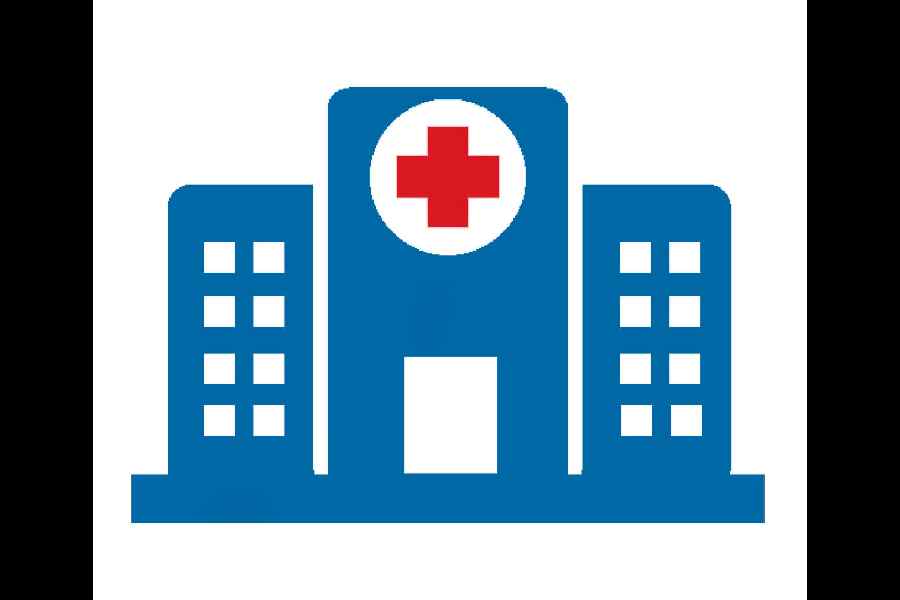Networks of Indian doctors have intensified their campaign to revive the long-standing demand for the Centre to regulate charges and rates for medical services in private hospitals, as mandated by legislation passed over 14 years ago but still awaiting implementation.
The Jan Swasthya Abhiyan (JSA) — a nationwide network of physicians and patients’ rights advocates — announced on Friday that it would seek to oppose petitions filed in the Supreme Court by multiple healthcare organisations challenging the proposals to regulate hospital charges.
The Clinical Establishments Act (CEA) passed by Parliament in 2010 contains provisions to establish minimum quality standards for all hospitals, propagate standard treatment protocols and regulate fees and charges in private medical establishments. Although 12 states have enacted the CEA, none of these provisions has been implemented.
The JSA members said they also planned to launch a campaign aimed at the public and parliamentarians to underline how the delay in implementing the CEA’s provisions was adversely impacting patients who seek healthcare from private hospitals.
“We want to shake the government from its state of induced paralysis,” said Abhay Shukla, a public health physician and a co-convenor of the JSA, the India unit of the global People’s Health Movement, a human rights organisation. “In the absence of effective regulation, millions of people are exposed to the risk of exploitative and excessive profiteering by private hospitals,” Shukla said.
Endorsing the JSA’s demand, the Forum for Equity and Health (FEH), a separate group of over 100 doctors and public health experts, has released a “testimonial” calling for standardised rates of the services provided by private hospitals and regulations “to curb arbitrarily elevated costs”.
“In our clinical practice, we have regularly observed a stark reality: a considerable number of patients grapple with the overwhelming financial burden imposed by private healthcare expenses,” the FEH has said in its statement. “The exorbitant costs and often arbitrary charging associated with private healthcare in India have become a source of economic distress for many.”
Physicians with both JSA and FEH say the wide range of costs charged for the same medical service across the private sector is an indicator of excessive charging. They cite accounts of how Caesarean section deliveries might cost ₹30,000 in one hospital but up to ₹1,50,000 in another, or how a cataract procedure might cost ₹30,000 at one hospital but over ₹90,000 in another.
Doctors also caution that the pursuit of excessive profits in the healthcare sector may also expose patients to avoidable risks. “Two weeks ago, a hospital in Bengaluru prescribed a patient to undergo surgical draining of an abscess under general anaesthesia although the draining procedure did not require general anaesthesia,” said Gayatri Sharma, an emergency medicine physician and FEH member.
The patient did not accept the doctors’ recommendation — and the abscess drained out spontaneously after oral and topical antibiotics in a few days, Sharma said. “Even if drainage was done, it could have been done under local anaesthesia. There was no need for an operation theatre procedure under general anaesthesia,” she said.
The Association of Healthcare Providers of India (AHPI), a body of private hospitals, and the Indian Medical Association (IMA), the country’s largest body of doctors, are among the organisations that have petitioned the Supreme Court challenging proposals to regulate hospital charges.
“These petitions challenge the right of the government to regulate rates of hospital charges,” the JSA said on Friday. “If the petitioners’ arguments are upheld, access to affordable care in the country would be compromised beyond redemption.”
The CEA rules make it mandatory for clinical establishments to adhere to the rates fixed by the government in consultation with states and healthcare industry representatives.
“We’re not asking for rates that are unworkable or unrealistic,” Shukla said.











